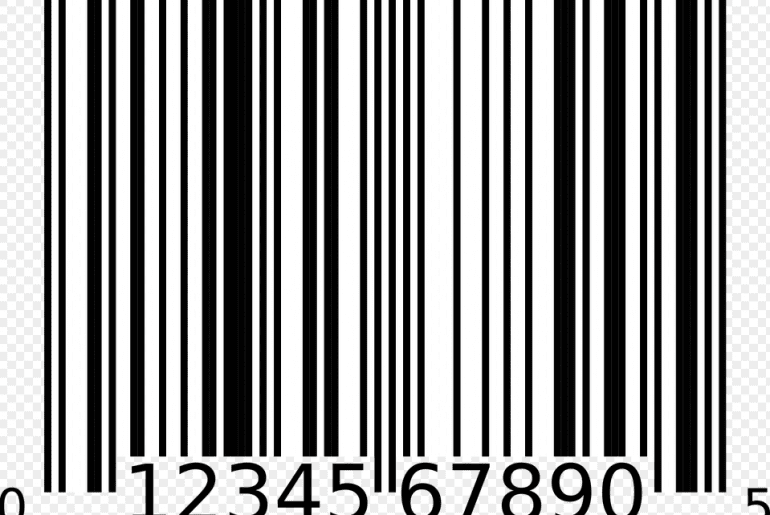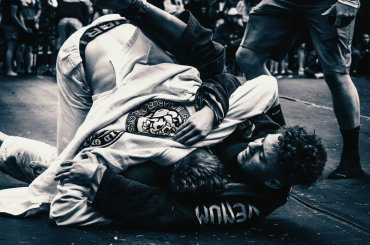Here are some DJ business tips for pricing and dealing with a client who asks for your old rate:
After an amazing NYE celebration for a private event this week, I found myself contemplating over the one topic most DJs do at this time each year: “Are our prices where they need to be?” Many of us think about this as the new year begins, but a recent wedding inquiry got me thinking on a different level.
A client who had done some research on us over the past few months had contacted us shortly after the new year and mentioned that our price was different from two months ago.
I explained to her that pricing does change and is based on our overall business operations. This bride knew a great deal about us and had been in contact with us previously but had not made the decision to officially book. In short, she was asking if we would honor the price point of two months ago!
Pricing! The age-old debate we have, where one prospect thinks you don’t charge enough, and another thinks you charge too much. So, let’s look at what I believe should be part of the process of pricing.
Tip #1: “Price according to your market.” Just because company A in one area of the country can get $3,000 and companioning B in another area gets $1,000 does not make either company any better or worse. Know your market, which comes down to two things: Keep track of the number of events your company does from year to year. Do they decrease or increase? If they’re decreasing, that could mean you’re overpriced; if the number of gigs are increasing — that’s when you can explore an increase.
The other way to know your market is to shop around and check in on what multi-system and solo competitors are charging in your area to stay consistent.
Tip #2: “Know your worth.” I like to follow the principle of work smarter not harder. Is my experience and service worth more today than it was 25 years ago? Absolutely! Take a good look at yourself and what you bring to the table. What is your difference factor? At the end of each year we evaluate every DJ on staff, including myself, based on changes we’ve made in DJ performances and approach. They could just be the small things that can make us one percent better — thank you Randy Bartlett! — than before. The words an MC uses, the inflection in voice, the willingness to try something different and find what works to move forward.
In short, if you believe that you are worth the price point you are charging, then there is no debate.
Anyway, with this bride, she impressed me with the research she had done — and she was very polite. The price difference was $100, not astronomical, so I honored the previous price. I’m betting she will turn into future business, so in the end I think a good decision.
I could have invoked Tip #3: How to deal with the haggler:
She’s asking about price because she’s accustomed to talking about price. It’s all she knows. So, simply don’t focus on it — the more you focus on price, the more she’s going to focus on it. Give a brief answer to her question, quote your price and then move the conversation to more important things — how you can help her.
You can offer multiple options at different price points when quoting. I could have thrown in a photo booth to get my 2020 price, but ultimately decided the hassle wasn’t worth it.
But the best way to deal with a haggler, of course, is to find better clients that don’t shop on price but buy on reputation. One way to do that is to be transparent about your prices on your website — that will prevent the “how much for 4 hours?” question every time.
This is my take on the scenario, but only one person can decide how to handle the situation. So just ask yourself — “What Would You Do?”
“What Would You Do” is written by Reading, Pa.-based Jam on Sound Productions’ Mike Kindlick, where each month he explores various situations, offering DJ business tips, insights, and condolences for some of the DJ/Entertainment Industry’s most pondering scenarios.
To check out more tips, click here.








